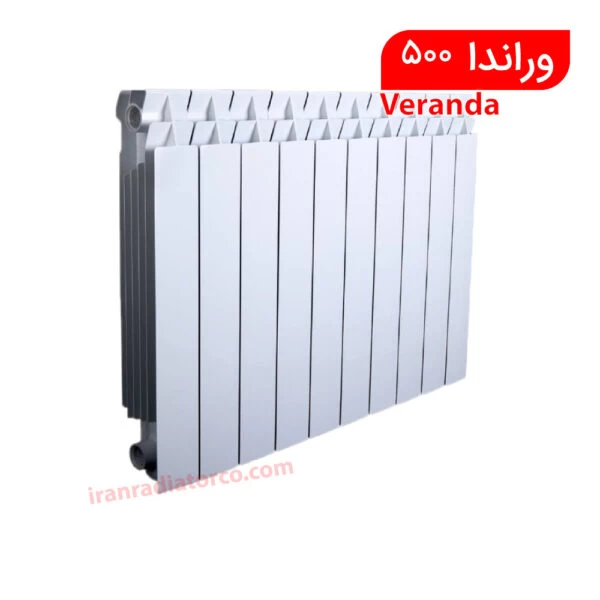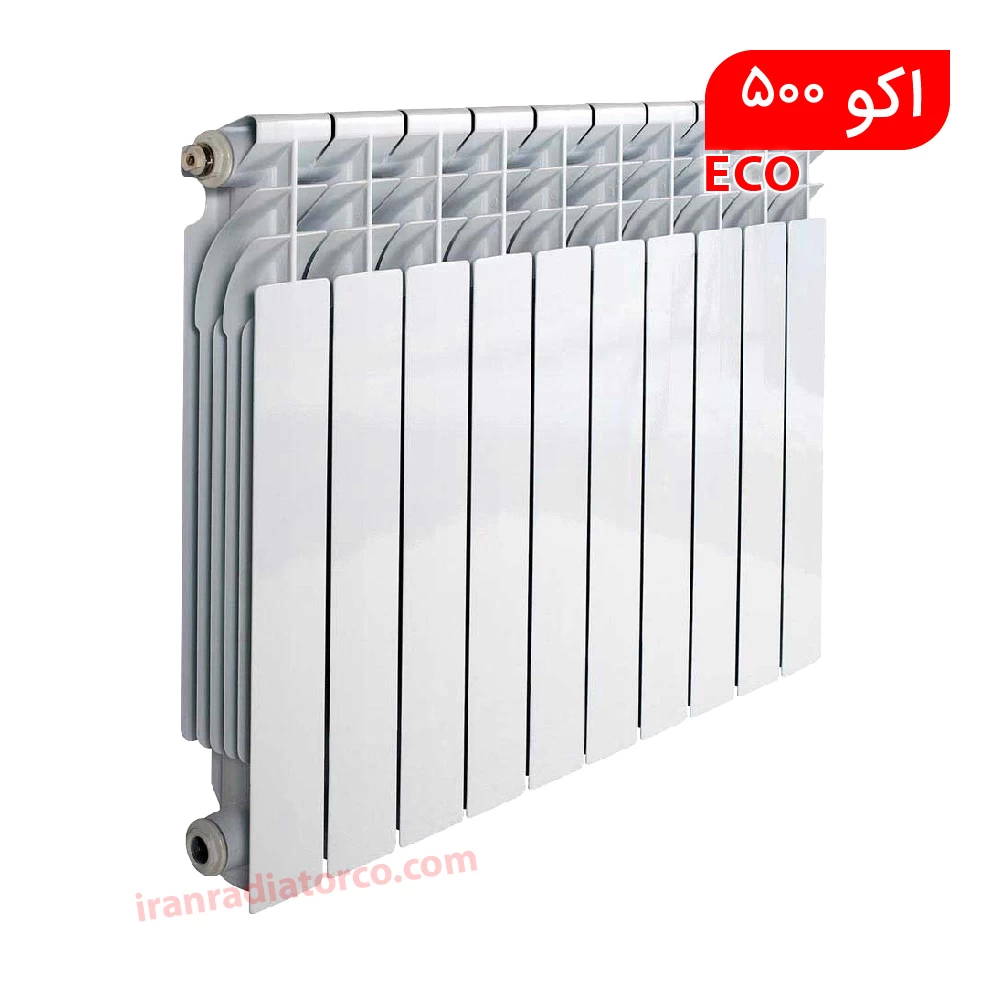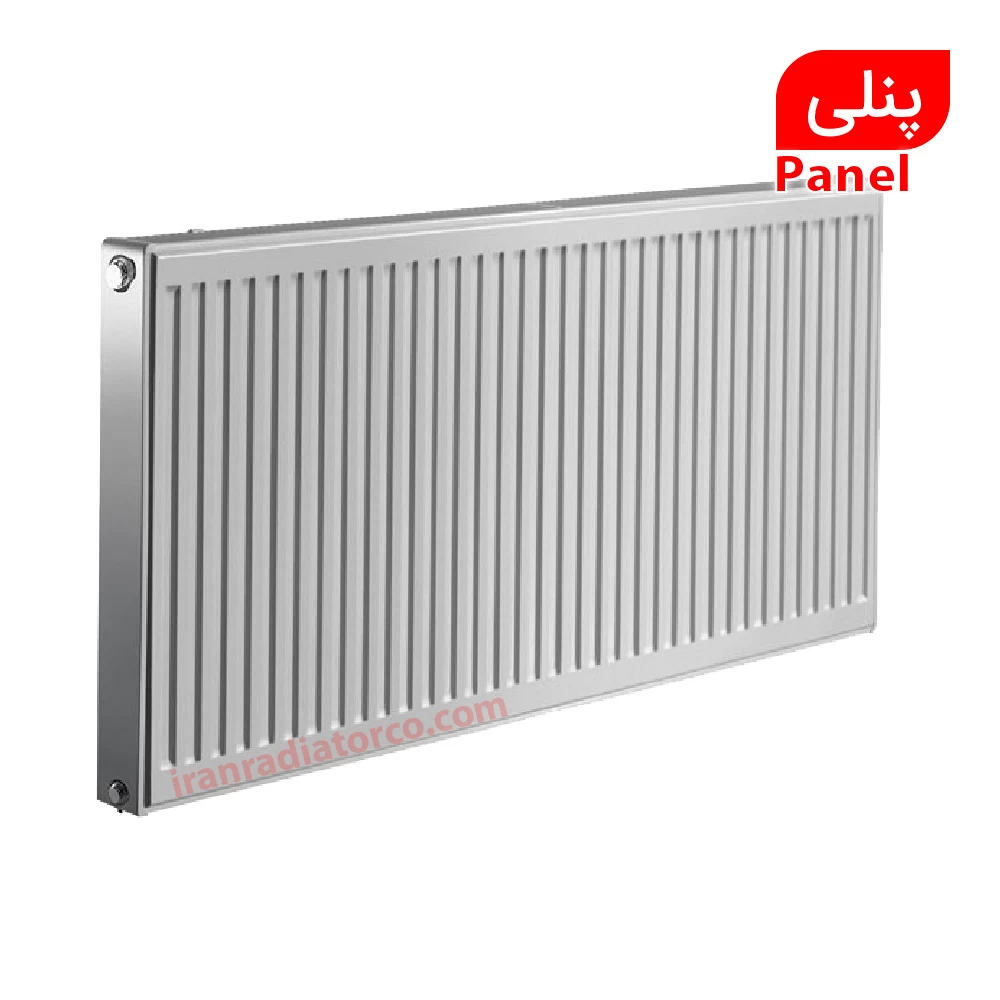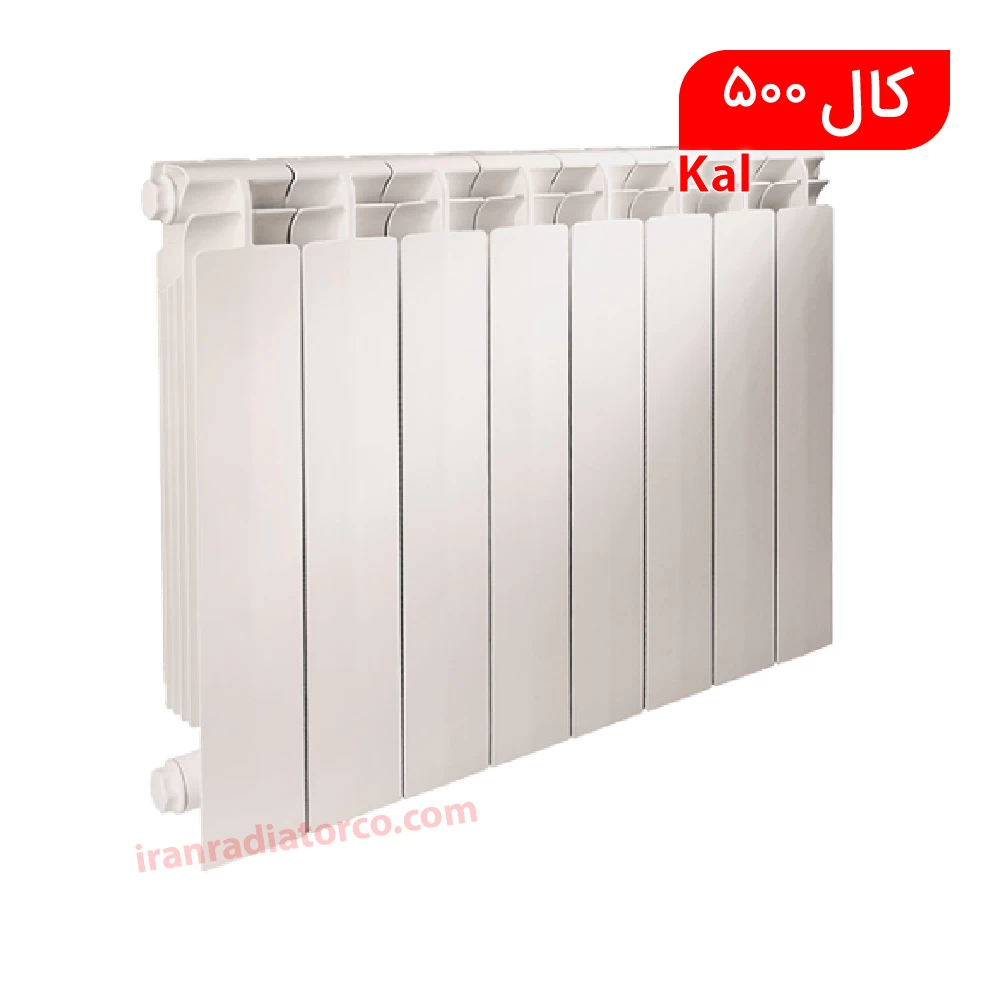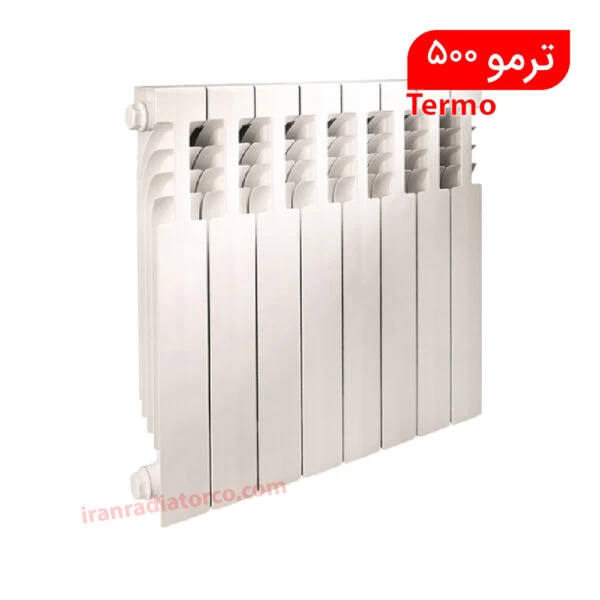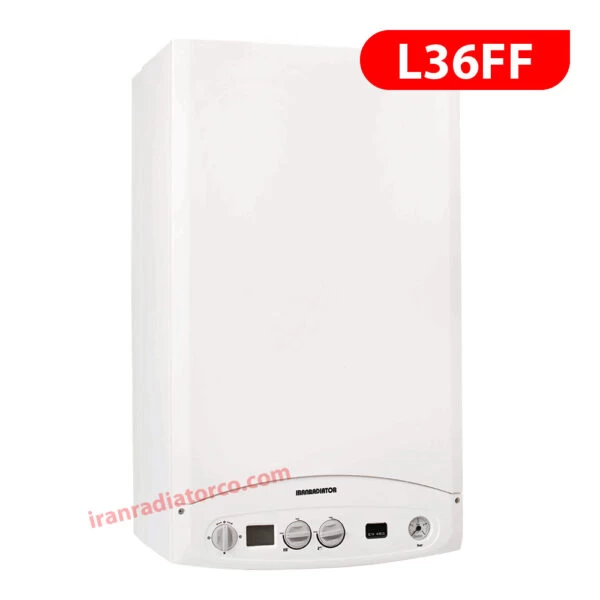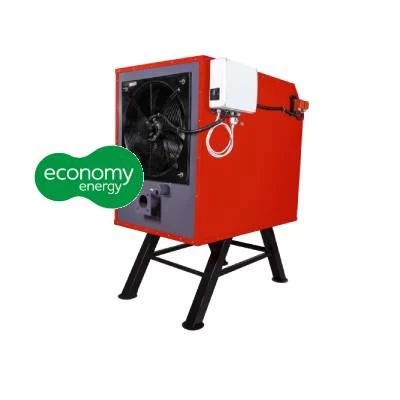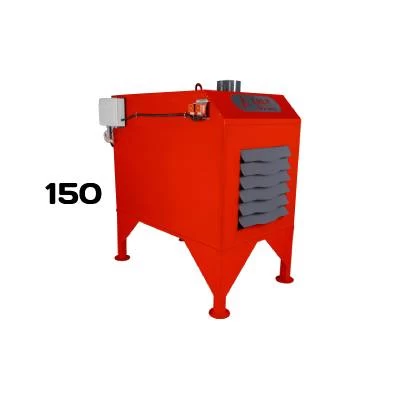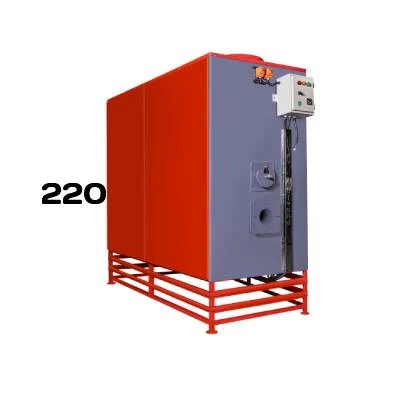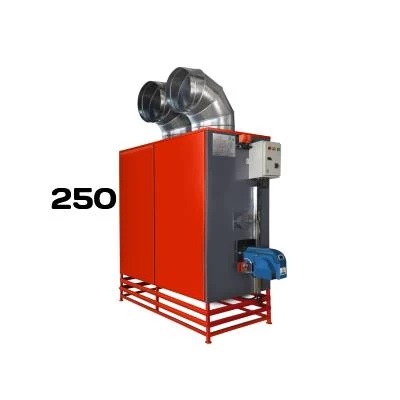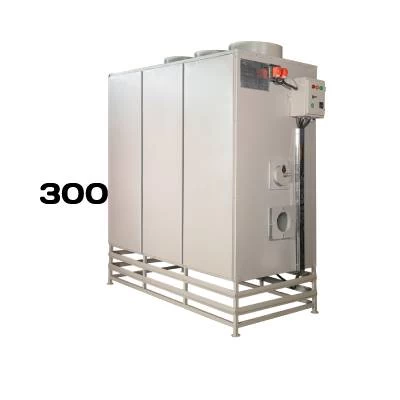Heater
Heaters are devices that generate heat and transfer that heat to the surrounding environment. They are used to provide warmth and comfort in various settings, such as homes, offices, and industrial spaces.
There are several types of heaters, including:
1. Electric heaters: These use electrical resistance to generate heat. They can be portable, wall-mounted, or built-in, and come in a variety of styles and sizes.
2. Gas heaters: These use natural gas or propane as the fuel source to generate heat. They can be more efficient than electric heaters, but require proper ventilation and safety measures.
3. Radiant heaters: These use infrared radiation to directly heat objects and people in their path, rather than heating the surrounding air.
4. Space heaters: These are portable, compact heaters that are used to provide supplemental heat in a specific area.
5. Central heating systems: These use a boiler or furnace to distribute heated air or water through a building's ductwork or piping.
Heaters can provide a range of benefits, including:
- Improving comfort and temperature control
- Reducing energy costs compared to other heating methods
- Providing supplemental heat in specific areas
- Offering a variety of installation and design options
However, it's important to use heaters safely and follow all manufacturer instructions and safety guidelines to prevent fire hazards or other issues. Regular maintenance and cleaning of heaters is also recommended to ensure they continue to operate efficiently and safely.

Heaters can be considered both home appliances and machines, depending on the specific type and application.
1. Home appliances:
- Many types of heaters, such as space heaters, wall-mounted electric heaters, and portable heaters, are designed for use in residential or small commercial settings and are typically classified as home appliances.
- Home appliance heaters are generally compact, self-contained units that are easy to install and operate, and are meant to provide supplemental or localized heating in a specific room or area.
- These types of heaters are often powered by electricity or natural gas/propane, and are designed for convenient, user-friendly operation.
2. Machines:
- Larger, more industrial-scale heating systems, such as central heating furnaces, boilers, and HVAC (Heating, Ventilation, and Air Conditioning) units, can be considered machines rather than just home appliances.
- These larger heating systems are complex, multi-component systems that are designed to heat an entire building or facility, rather than just a single room or area.
- They often incorporate advanced features, controls, and components, such as blowers, heat exchangers, and thermostats, and may be integrated with a building's overall mechanical and electrical systems.
- These types of heating systems are typically installed and serviced by professional HVAC technicians, rather than being easily user-installed like many home appliance heaters.
So in summary, while some types of heaters, like space heaters and wall-mounted units, are clearly home appliances, larger, more complex heating systems can be considered machines due to their industrial-scale design and integration with a building's infrastructure.
Here are some common types of industrial-scale heating systems used in commercial and industrial settings:
1. Boilers:
- Boilers use a fuel source, such as natural gas, oil, or electricity, to heat water or steam that is then distributed through a building's piping system to provide heat.
- Boilers can range in size from small units for small commercial buildings to large, industrial-scale boilers for manufacturing facilities or district heating systems.
2. Furnaces:
- Furnaces are central heating systems that use a fuel source to heat air, which is then circulated through ductwork to warm a building.
- Furnaces can be powered by natural gas, propane, oil, or electricity, and are commonly used in commercial and industrial buildings.
3. Radiant Heating Systems:
- Radiant heating systems use a network of pipes or electric elements embedded in floors, walls, or ceilings to directly heat surfaces and objects in a space.
- These systems are often used in large, open commercial and industrial spaces, as they can provide efficient, even heating without the need for ductwork.
4. Unit Heaters:
- Unit heaters are self-contained heating appliances that are typically suspended from the ceiling or mounted on the wall in industrial or commercial settings.
- They can be powered by electricity, natural gas, or propane, and are commonly used to provide supplemental or localized heating in warehouses, workshops, or other large spaces.
5. Heat Pumps:
- Heat pumps are a type of HVAC system that can both heat and cool a building by transferring heat between the indoor and outdoor environments.
- They are often used in commercial and industrial applications, where they can provide efficient, all-in-one heating and cooling solutions.
These industrial-scale heating systems are designed to provide reliable, high-capacity heating for large commercial and industrial facilities, and are typically installed and maintained by professional HVAC technicians.
industrial-scale heating systems typically have more extensive maintenance requirements compared to smaller, residential-scale heating appliances.

Here are some of the key maintenance considerations for these larger systems:
1. Regular Inspections:
- Industrial heating systems require regular, professional inspections to ensure they are operating safely and efficiently. This may include inspections of the fuel supply, combustion components, heat exchangers, and control systems.
- Inspections may be required monthly, quarterly, or annually, depending on the size and complexity of the system.
2. Cleaning and Tune-ups:
- Industrial boilers, furnaces, and other heating equipment need periodic cleaning and tune-ups to remove buildup, optimize performance, and identify any potential issues.
- This may include cleaning burners, heat exchangers, and other components, as well as adjusting controls and replacing worn parts.
3. Preventive Maintenance:
- Proactive, preventive maintenance is crucial for industrial heating systems to avoid unexpected breakdowns and extend their lifespan.
- This can include tasks like lubricating moving parts, replacing air filters, and testing safety controls on a scheduled basis.
4. Fuel Supply Maintenance:
- For systems that use natural gas, propane, or oil as the fuel source, the fuel supply lines, tanks, and other components must be regularly inspected and maintained to ensure safe and reliable operation.
5. Efficiency Optimization:
- Industrial heating systems are often evaluated for their energy efficiency, and maintenance procedures may include adjustments to control settings, airflow, and combustion parameters to maximize efficiency.
6. Compliance and Regulations:
- Industrial heating systems are typically subject to various safety and environmental regulations, and maintenance must be performed to ensure the system remains compliant.
Proper maintenance of industrial-scale heating systems is essential to maintain safety, reliability, and energy efficiency. These tasks are typically performed by trained HVAC technicians or specialized maintenance contractors who have the expertise to work on these complex systems.
- Reducing energy costs compared to other heating methods
- Providing supplemental heat in specific areas
- Offering a variety of installation and design options

- Many types of heaters, such as space heaters, wall-mounted electric heaters, and portable heaters, are designed for use in residential or small commercial settings and are typically classified as home appliances.
- Home appliance heaters are generally compact, self-contained units that are easy to install and operate, and are meant to provide supplemental or localized heating in a specific room or area.
- These types of heaters are often powered by electricity or natural gas/propane, and are designed for convenient, user-friendly operation.
- Larger, more industrial-scale heating systems, such as central heating furnaces, boilers, and HVAC (Heating, Ventilation, and Air Conditioning) units, can be considered machines rather than just home appliances.
- These larger heating systems are complex, multi-component systems that are designed to heat an entire building or facility, rather than just a single room or area.
- They often incorporate advanced features, controls, and components, such as blowers, heat exchangers, and thermostats, and may be integrated with a building's overall mechanical and electrical systems.
- These types of heating systems are typically installed and serviced by professional HVAC technicians, rather than being easily user-installed like many home appliance heaters.
- Boilers use a fuel source, such as natural gas, oil, or electricity, to heat water or steam that is then distributed through a building's piping system to provide heat.
- Boilers can range in size from small units for small commercial buildings to large, industrial-scale boilers for manufacturing facilities or district heating systems.
- Furnaces are central heating systems that use a fuel source to heat air, which is then circulated through ductwork to warm a building.
- Furnaces can be powered by natural gas, propane, oil, or electricity, and are commonly used in commercial and industrial buildings.
- Radiant heating systems use a network of pipes or electric elements embedded in floors, walls, or ceilings to directly heat surfaces and objects in a space.
- These systems are often used in large, open commercial and industrial spaces, as they can provide efficient, even heating without the need for ductwork.
- Unit heaters are self-contained heating appliances that are typically suspended from the ceiling or mounted on the wall in industrial or commercial settings.
- They can be powered by electricity, natural gas, or propane, and are commonly used to provide supplemental or localized heating in warehouses, workshops, or other large spaces.
- Heat pumps are a type of HVAC system that can both heat and cool a building by transferring heat between the indoor and outdoor environments.
- They are often used in commercial and industrial applications, where they can provide efficient, all-in-one heating and cooling solutions.

- Industrial heating systems require regular, professional inspections to ensure they are operating safely and efficiently. This may include inspections of the fuel supply, combustion components, heat exchangers, and control systems.
- Inspections may be required monthly, quarterly, or annually, depending on the size and complexity of the system.
- Industrial boilers, furnaces, and other heating equipment need periodic cleaning and tune-ups to remove buildup, optimize performance, and identify any potential issues.
- This may include cleaning burners, heat exchangers, and other components, as well as adjusting controls and replacing worn parts.
- Proactive, preventive maintenance is crucial for industrial heating systems to avoid unexpected breakdowns and extend their lifespan.
- This can include tasks like lubricating moving parts, replacing air filters, and testing safety controls on a scheduled basis.
- For systems that use natural gas, propane, or oil as the fuel source, the fuel supply lines, tanks, and other components must be regularly inspected and maintained to ensure safe and reliable operation.
- Industrial heating systems are often evaluated for their energy efficiency, and maintenance procedures may include adjustments to control settings, airflow, and combustion parameters to maximize efficiency.
- Industrial heating systems are typically subject to various safety and environmental regulations, and maintenance must be performed to ensure the system remains compliant.
FAQs
What are the main types of heaters used in homes and buildings?
The main types of heaters used in homes and buildings include electric heaters, gas heaters, radiant heaters, space heaters, and central heating systems.
What are the benefits of using a heater?
The main benefits of using a heater include improving comfort and temperature control, reducing energy costs, providing supplemental heat in specific areas, and offering a variety of installation and design options.
How do industrial-scale heating systems differ from home appliance heaters?
Industrial-scale heating systems, such as boilers, furnaces, and HVAC units, are larger, more complex machines designed to heat entire buildings or facilities, whereas home appliance heaters are generally smaller, self-contained units meant for supplemental or localized heating.
What are the key maintenance requirements for industrial-scale heating systems?
Key maintenance requirements for industrial heating systems include regular inspections, cleaning and tune-ups, preventive maintenance, fuel supply maintenance, efficiency optimization, and compliance with safety and environmental regulations.
 +7929688-88-14
+7929688-88-14

 English
English
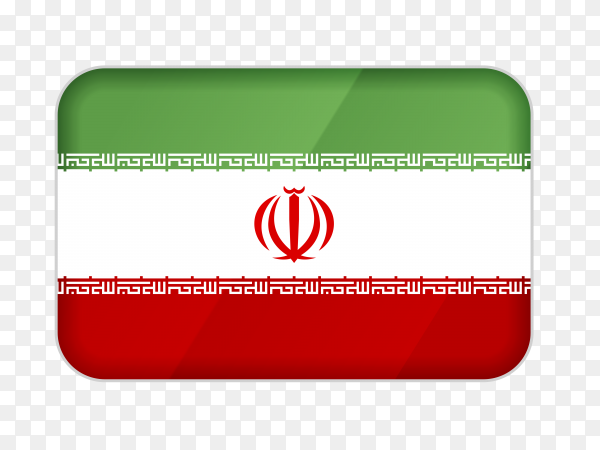 Persian
Persian
 Russian
Russian
 Chinese
Chinese


 +7929688-88-14
+7929688-88-14

